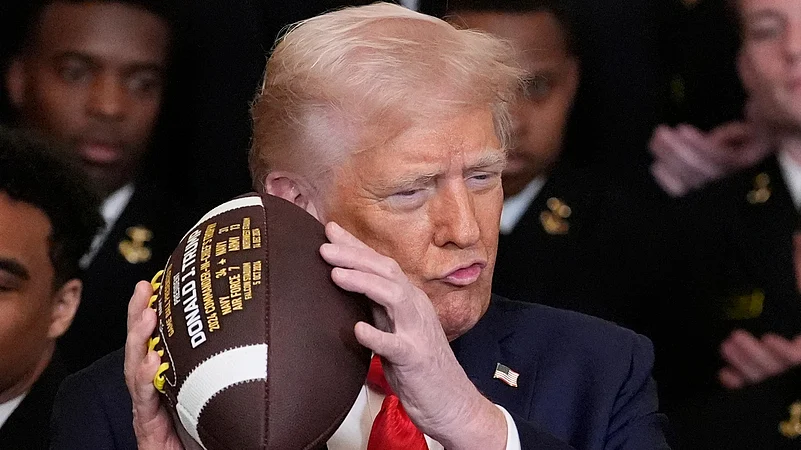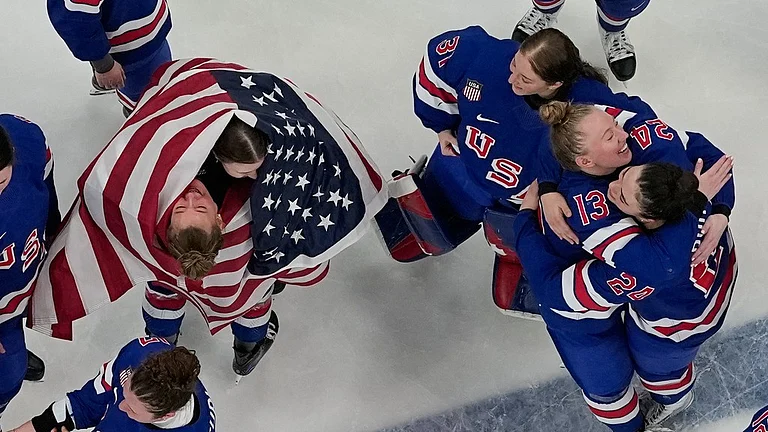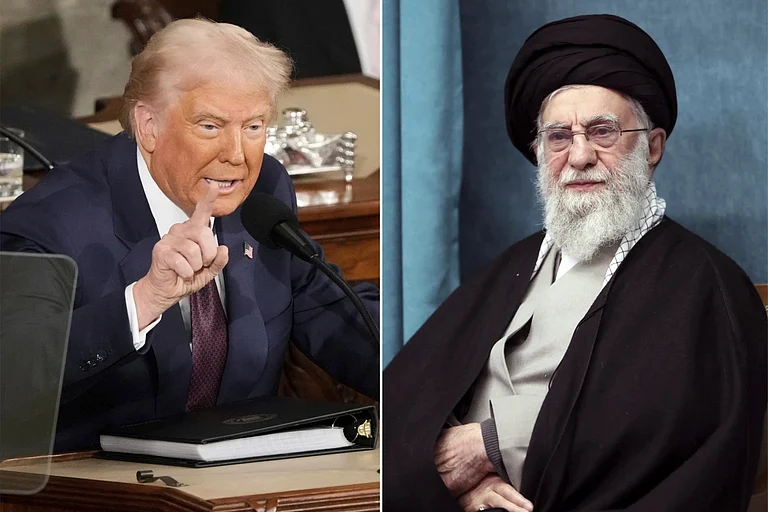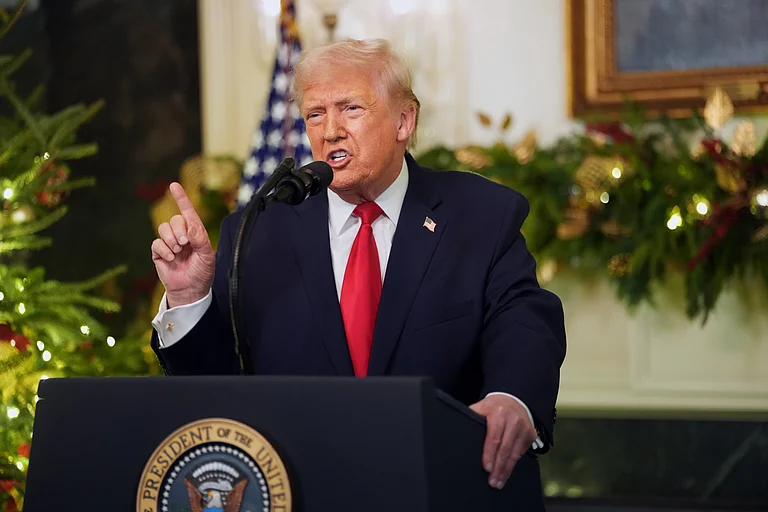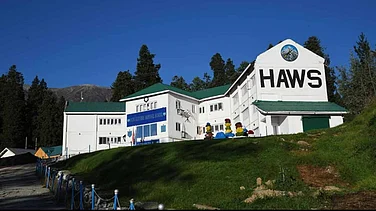The Washington National Football League (NFL) franchise, once the Washington Redskins, rebranded as the Washington Commanders in 2022. This followed years of pressure due to the perceived 'offensiveness' of the name, adopted in the 1930s. Many considered 'Redskins' a 'racial slur' against Native Americans.
US President Donald Trump now threatens to block Washington NFL stadium construction projects, demanding the return of the 'Redskins' name and sparking a renewed debate on Native American representation in sports.
Washington Commanders Name: A Controversial Transition
The original name, adopted in the 1930s, faced criticism for its racial connotations. The organisation explored several options before choosing 'Commanders' in 2022. The new brand incorporates military symbolism and links with Washington, D.C. Notably, the official announcement avoided any reference to the racial controversy which led to the change.
A wider reckoning with systemic racism in 2020, combined with protests and calls from major sponsors like FedEx, prompted the team to drop its old name and logo. After exploring alternatives, the organisation chose 'Commanders'. This new brand incorporates military symbolism and its connection to Washington, D.C.
Native American Views On The 'Redskins' Moniker
Native American sentiment regarding the term 'Redskins' remains divided, though it largely leans towards condemnation. Prominent groups such as the National Congress of American Indians have long campaigned for the name's removal, asserting it is an 'offensive racial slur' that 'perpetuates negative stereotypes'.
Activist Amanda Blackhorse regards the switch as 'overdue' yet argues the team has 'not meaningfully addressed the social harm done over decades'. However, dissenting voices exist: the Native American Guardians Association (NAGA) recently sued the team, claiming the change 'erases Native contributions' and that the term 'Redskins' 'carries cultural, historical, and emotional significance for honoring bravery and resilience'.
Nonetheless, the mainstream Native American community, as represented by major advocacy organisations, maintains the term is 'demeaning' and 'should be retired'.
Donald Trump’s Stance And Stadium Block Threat
President Trump has vocally opposed the change of the Washington Commanders' name, arguing for the restoration of the original 'Redskins' moniker. He stated that 'significant popular' and 'Native American' support exists for this. He indeed threatened to block construction of a new NFL stadium in Washington, D.C., unless the team reverts to its previous name.
He asserted: 'our great Indian people, in massive numbers, want this to happen'. Trump applied similar arguments to other teams, such as the Cleveland Guardians (formerly the Indians), suggesting the removal of Native-themed names 'erases heritage'.
Such statements highlight an ongoing partisan divide: some see the changes as unnecessary capitulation to 'political correctness', while others frame them as overdue steps towards 'racial sensitivity'.
Broader Debates On Sports Team Names And Mascots
Local fans expressed mixed feelings following the change to 'Commanders'. A 2024 poll by The Washington Post indicated that a majority disliked the new name, yet they did not favour reverting to 'Redskins', signaling a complex relationship with the franchise's history and identity.
The team’s new ownership has reiterated its commitment, stating there will be 'no return' to the old name due to the 'racial controversies' and 'social harms' associated with it. This tension reflects wider societal debates on how sports brands reconcile tradition and progress, especially when those traditions may perpetuate stereotypes.
The controversy over Native American representation in sports extends beyond Washington's NFL team. Major League Baseball’s Cleveland team, originally the Indians, changed its name to the Guardians in 2021 amidst similar criticism concerning the use of 'racial caricatures' and 'indigenous-themed branding'.
These changes often stem from pressure exerted by sponsors, activist groups, and shifting public sentiment, marking a broader movement in U.S. sports to reconsider mascots and names perceived as disrespectful to Native cultures.
While some groups advocate for the restoration of old names, most advocacy organisations continue to call for further removals of Native-themed mascots across various sports leagues. Key events include Washington’s switch (2020–2022) and Cleveland’s transition (2021), along with legal actions and organised petitions both for and against these changes in subsequent years.
These developments sit within a larger cultural reckoning over the representation of minority groups in public life, and the roles institutions, fans, and corporate sponsors play in shaping American traditions.
Stadium Design And Capacity Unveiled
The proposed Washington Commanders stadium, a domed, multi-purpose venue, is set to be built on the historic RFK Stadium site. This Washington D.C. spot served as the team's home from 1961 to 1996. The new stadium, set to cost around $3.7 billion, will have a 65,000-seat capacity and is intended to be a year-round base for the NFL franchise. It will also host an array of events, including concerts, NCAA Final Four tournaments, international football matches, and major conventions.
Renderings circulated so far show a modern, fixed-roof design. However, some fans and commentators have expressed disappointment that the plans show a lack of homage to RFK Stadium's iconic architecture. The new stadium is expected to open in 2030.
Early plans indicate around 8,000 parking spaces, with a strong reliance on public transport for major event days. The surrounding development is set to include thousands of housing units, extensive green and recreational spaces, and substantial commercial amenities, intending to create a vibrant, year-round entertainment destination.


